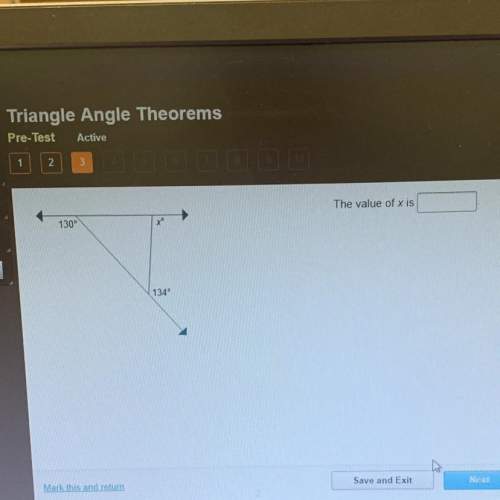
Mathematics, 20.03.2020 11:29 smolemily
Define the exponentiation operator on naturals recursively so that x0 = 1 and xS(y) = xy · x. Prove by induction, using this definition, that for any naturals x, y, and z, xy+z = xy · xz and xy·z = (xy)z.

Answers: 3


Another question on Mathematics


Mathematics, 21.06.2019 19:30
Write the expression 7x^3-28xy^2 as the product of 3 factors
Answers: 2

Mathematics, 21.06.2019 23:30
Ateacher wanted to buy a chair, a bookshelf, two tables and a desk. she spent $900 for all five items and the chair and the desk combined 70% of her total. if the bookshelf cost $50, how much did each of the tables cost?
Answers: 1

Mathematics, 22.06.2019 01:30
Asample of 200 rom computer chips was selected on each of 30 consecutive days, and the number of nonconforming chips on each day was as follows: the data has been given so that it can be copied into r as a vector. non.conforming = c(10, 15, 21, 19, 34, 16, 5, 24, 8, 21, 32, 14, 14, 19, 18, 20, 12, 23, 10, 19, 20, 18, 13, 26, 33, 14, 12, 21, 12, 27) #construct a p chart by using the following code. you will need to enter your values for pbar, lcl and ucl. pbar = lcl = ucl = plot(non.conforming/200, ylim = c(0,.5)) abline(h = pbar, lty = 2) abline(h = lcl, lty = 3) abline(h = ucl, lty = 3)
Answers: 3
You know the right answer?
Define the exponentiation operator on naturals recursively so that x0 = 1 and xS(y) = xy · x. Prove...
Questions




English, 12.01.2021 20:20


Mathematics, 12.01.2021 20:20

Arts, 12.01.2021 20:20

Mathematics, 12.01.2021 20:20


Mathematics, 12.01.2021 20:20

Mathematics, 12.01.2021 20:20

Physics, 12.01.2021 20:20

Mathematics, 12.01.2021 20:20


Arts, 12.01.2021 20:20

History, 12.01.2021 20:20

English, 12.01.2021 20:20


Mathematics, 12.01.2021 20:20




